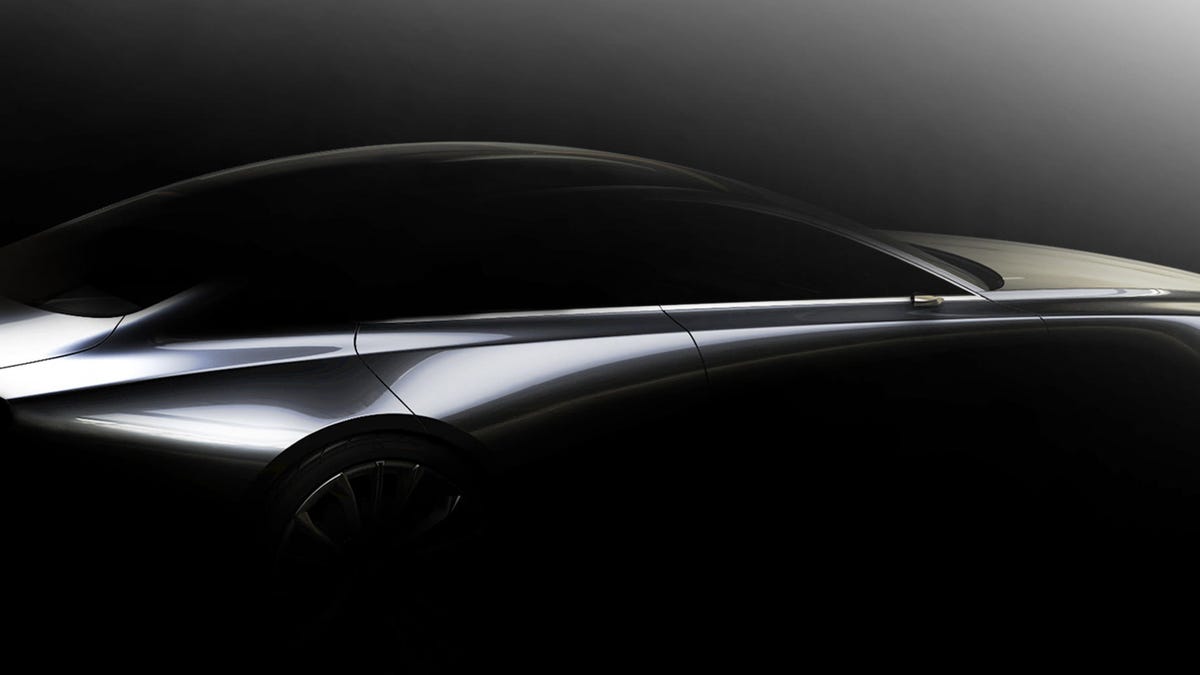Mazda will revive the rotary, but as an EV range extender
That doesn't count it out from providing propulsion in the future, though.

Mazda has not been shy about its aspirations to revive the rotary engine, as laid out in its plans for this year's Tokyo Motor Show. But its development goes beyond concept fodder.
Mazda's rotary engine could reappear in the US as early as 2019, Automotive News reports, citing a conversation with Mazda's global powertrain chief. But while previous iterations were used in sports cars , a new rotary would serve a more 21st century purpose -- providing juice to electric vehicle batteries.
The automaker told AN that a new rotary engine would likely function as a range extender for an electric vehicle, powering up only when the batteries needed more juice for a longer overall range. BMW has a similar setup in its i3 city car, but it uses a more traditional two-cylinder gas engine borrowed from a scooter.
Mazda's RX Vision concept has had us dreaming of a new rotary-powered sports car for the last year.
A rotary would work well as a range extender, because it's small and doesn't vibrate very much. That means it could be placed just about anywhere in an EV without intruding on cargo or passenger space, and when the engine runs, it won't add much to the vehicle's noise and harshness.
Thankfully, the rotary isn't being relegated to that single duty. The automaker also told AN that it is working on a larger rotary engine that could, in theory, be used to once again power a Mazda sports car. That's a harder sell, though, because Mazda already has one sports car -- the MX-5 Miata -- and sports cars are not a high-volume, high-margin market.
Mazda expects its first EV to debut in 2019, taking two forms. A pure EV would be sold in smaller countries where lower range wouldn't matter, with a range-extended version arriving in larger markets -- like the US -- to accommodate for longer average trips.
Mazda gained notoriety for using the Wankel rotary engine in its RX line of sports cars in the 1980s and 1990s. Instead of using cylinders moving up and down on a crankshaft, a rotary engine uses a triangular rotor that rotates through all four stages of internal combustion -- intake, compression, ignition and exhaust. They're compact and light, but low on torque and known for having sealing issues and mediocre fuel economy.
This isn't the only alternative engine technology Mazda's working on. The company has also devised what it calls Skyactiv-X, relying mostly on compression to ignite the mixture of air and gasoline in the combustion chamber. In that sense, it's a gas engine that operates more like a diesel. It's believed to improve both emissions and fuel economy and, in conjunction with a supercharger, it could be quite the peppy little motor.

